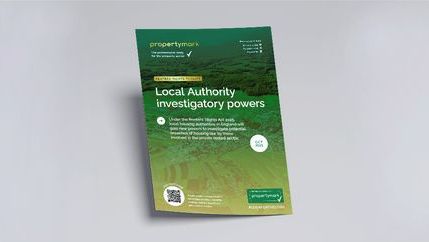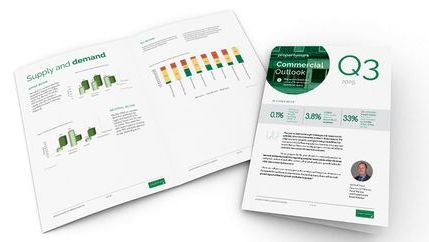
Since 23 March 2020, the provisions of Section 82 of the Coronavirus Act 2020 have prevented commercial landlords from being able to evict tenants due to non-payment of rent across England, Northern Ireland and Wales. The UK Government have confirmed that these measures will continue until 25 March 2022 to allow time to put their commercial tenant protection measures in place.
Alongside the debt ringfence and a system of binding arbitration Government will also publish a strengthened Code of Practice, which they intend to put into legislation, setting out the principles that parties and arbitrators are expected to adhere to.
The Government’s current voluntary Code of Practice encourages commercial tenants and landlords to work together to protect viable businesses. The Code sets out a framework for working through requests for concessions on rental payments which includes considering rent deferrals and waivers, dependent on periods of closure.
Businesses which fall under the protection of the new legislation will be protected up until their sector is no longer affected by Government-imposed restrictions.
Binding arbitration
Binding arbitration is only to be undertaken in cases where landlords and tenants cannot otherwise come to a resolution.
Where commercial tenants are unable to pay rent arrears in accordance with the terms of their lease, or as otherwise agreed by the landlord, they will be bound by the decision of the arbitrator and will have to pay debts accrued during the ringfenced period in accordance with the decision.
Once the new system is in place, landlords will be able to exercise their rights to evict any tenant for the non-payment of rent debt incurred before March 2020 and after the ringfenced period.
The Government has made it clear that commercial tenants who have not been affected by coronavirus-related closures and have the means to pay, must do so.




